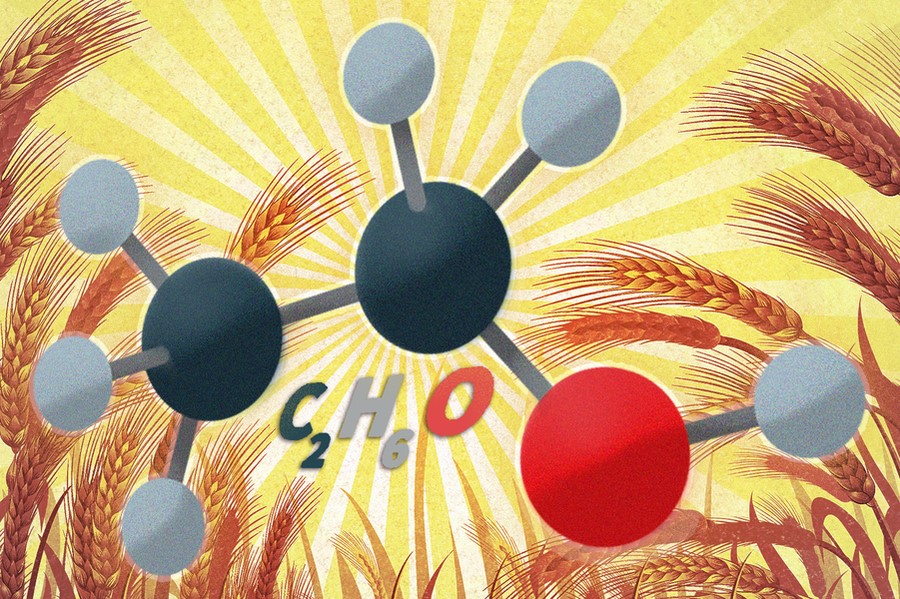
Single Blog

Engineered Yeast Could Expand Biofuels' Reach
Boosting production of biofuels like ethanol might be a crucial step toward reducing global consumption of fossil fuels. Ethanol production is restricted in large part by its reliance on corn, which isn’t grown in large enough quantities to form up a big portion of U.S. fuel needs.
A team of MIT engineers has now found how to expand the utilization of a wider range of non-food feedstock’s to supply such fuels.
Feedstock’s like straw and woody plants are difficult to use for biofuel production because they are first weakened to fermentable sugars, a process that releases numerous by-products that are toxic to yeast, the microbes most ordinarily want to produce biofuels.
The researchers developed how to bypass that toxicity, making it feasible to use those sources, which are far more plentiful, to supply biofuels. They also showed that this tolerance is often engineered into strains of yeast which manufacture other chemicals, potentially making it possible to use “cellulosic” ligneous plant material as a source to make biodiesel or bio plastics.
The goal is to implement this technology to other organisms that are better fitted to the assembly of those heavy fuels, like oils, diesel, and jet fuel.


